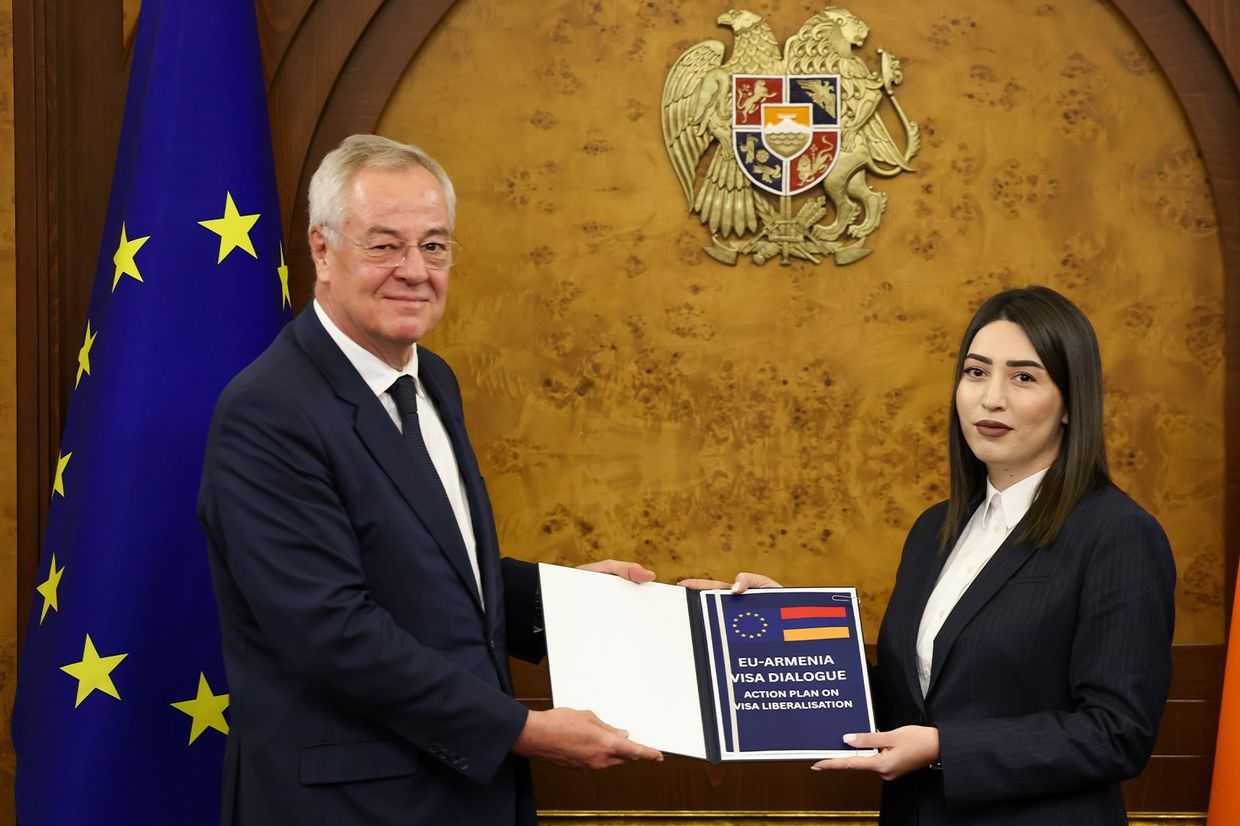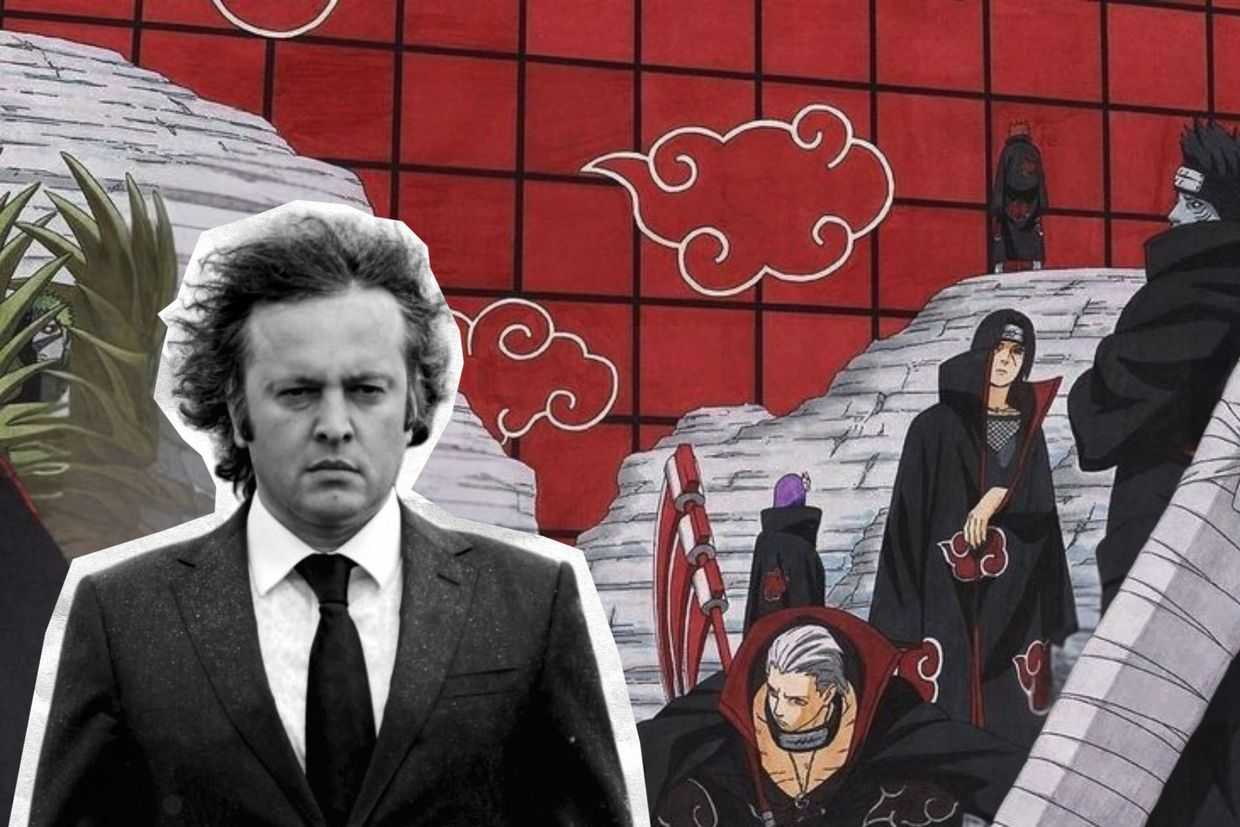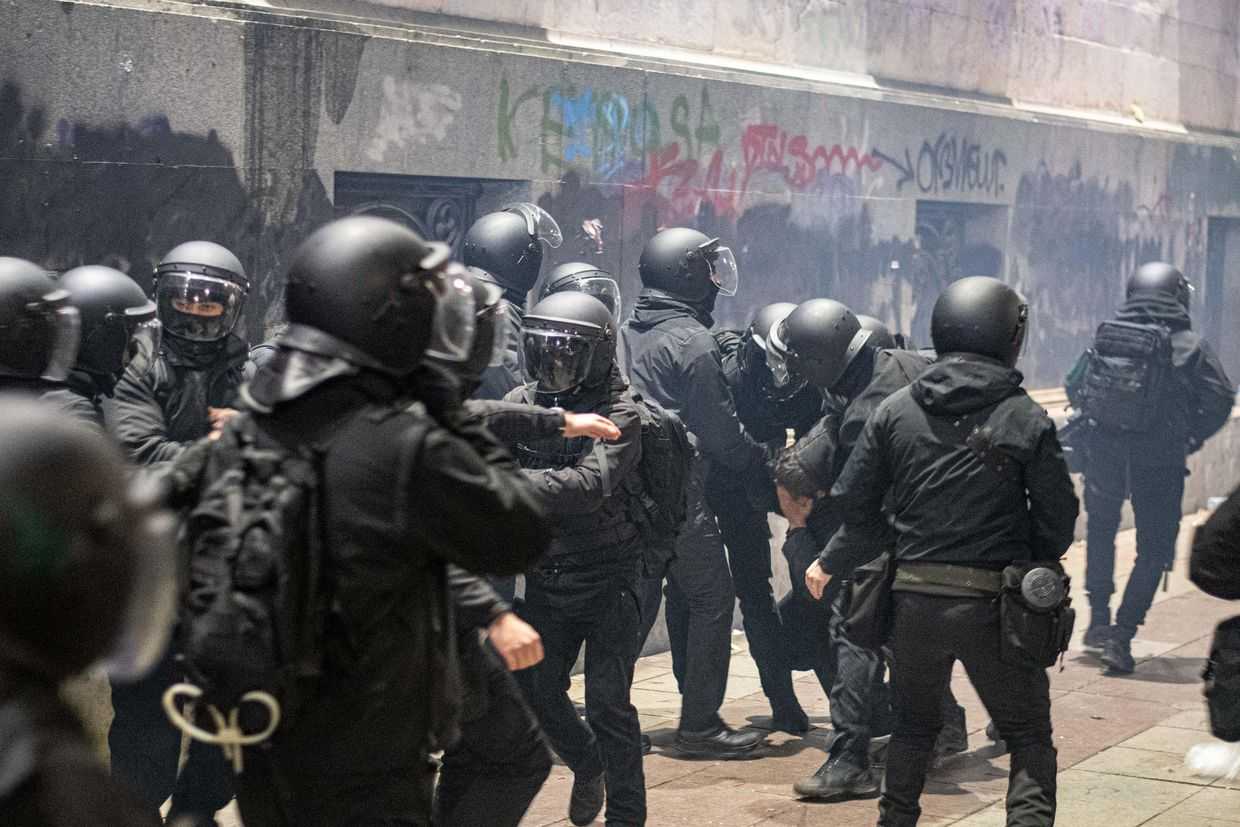
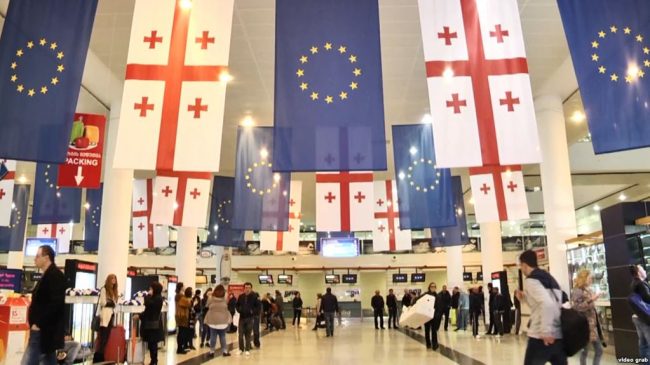
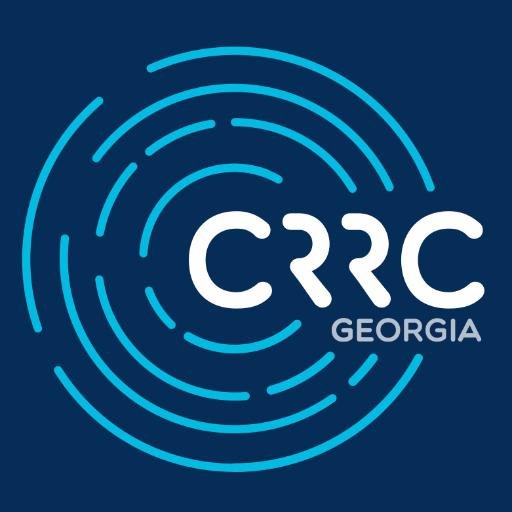
 CRRC-Georgia examines the factors predicting whether a person supports a pro-Western, neutral, or pro-Russian foreign policy in Georgia.
CRRC-Georgia examines the factors predicting whether a person supports a pro-Western, neutral, or pro-Russian foreign policy in Georgia.
Georgia’s population has consistently expressed strong support for European Union and NATO membership while approval of membership in the Russia-led Eurasian Economic Union (EAEU) has been quite low. A recent RAND Corporation publication challenges these observations, suggesting that the population of several post-Soviet states — including Georgia — fear Russia and prefer equally good relations with Russia and the West.
While not explicitly stated, the implication in the RAND report is that a rational calculus about potential punishment from Georgia’s northern neighbour undergirds a preference for neutrality. Further inspection of CRRC’s 2017 Caucasus Barometer survey, which was used by RAND, suggests the data do not support this argument. Rather, the data suggest that the key difference between people who support Western-oriented, Russia-oriented or neutral foreign policies in Georgia is values.
The RAND report discusses the balance of power during and after the Cold War, arguing that the most significant disagreement between Russia and the West stems from their contest to exercise influence over the ‘in-between states’, i.e. states which Russia has geopolitical interests in and which have not been accepted into the EU or NATO. These countries include Armenia, Azerbaijan, Belarus, Georgia, Moldova, and Ukraine. According to the report, in these states, people fear that tensions between Russia and the West are detrimental to their national interests and they prefer neutrality over alignment with any political or economic bloc.
Fear of Russia does not influence people’s preferences
Do perceptions of tensions between Russia and the West have implications for popular support for Western or Russia-led alliances? Examination of the same data RAND used shows no statistically significant relation between fear of tensions between Russia and the West and support for Georgia’s membership in either Western or Russia-led alliances. Moreover, fear of those tensions does not influence people’s preferences for either of the neutral options they could have named on the survey (having equally good relations with both alliances or joining neither).
Note: Predicted probabilities are based on a multinomial logistic regression model.
Rather than fear of Russia, people’s foreign policy preferences reflect a deep value-based division in Georgia, which the RAND report fails to acknowledge. To demonstrate this, consider the impact of a question on whether people endorse democracy as ‘the only game in town’.
The 2017 Caucasus Barometer asked respondents to select one of three different statements about democracy. Approximately half (52%) agreed with the statement that ‘Democracy is preferable to any other kind of government’. These supporters of democracy are significantly more likely to support Georgia’s membership in Western organisations compared with those who do not think that democracy is preferable to any other kind of government. Importantly, support for democracy has no significant impact on other answer options: it neither changes the level of support for membership in Russia-led organisations nor influences neutral options such as ‘both’ or ‘none’.
Note: Predicted probabilities are based on multinomial logistic regression models as above.
A similar analysis on attitudes towards the role of the government (i.e. whether the government is expected to be like a parent or like an employee) re-affirms that values rather than a fear of punishment by Russia are at the heart of foreign policy preferences in Georgia. Those who believe the government should be work for the people are more likely to support the country’s membership in Western organisations compared to those who think the government should be like a parent. At the same time, attitudes towards the government have no significant impact on popular support to Russia-led alliances or to neutral choices.
Supporters of a pro-Western orientation in Georgia are a coherent group: they have clear values such as believing that the government should work for the people rather than act as a parent, and they support democracy over other forms of governance. Such coherence is less pronounced among supporters of neutrality and totally absent among supporters of Russia-led alliances.
Public opinion in Georgia follows the logic of ‘where you stand depends on where you sit’: people’s foreign policy preferences are not merely driven by fear of Russia’s potentially violent reactions to the geopolitical manoeuvres of a neighbouring country. Instead, a pro-Western orientation is deeply rooted in people’s values.
Note: Predicted probabilities in the above charts are based on multinomial logistic regression models where the dependent variables have five options: join EU/NATO, join EAEU/CSTO, have equally good relations with both, join none, or don’t know. Key independent variables are (1) support to democracy, (2) support to neutrality vs alignment with a bloc, and (3) (dis)agreement with the statement whether the tensions between Russia and the West are detrimental for Georgia. Control variables include basic demographic characteristics such as age, gender, settlement type, perceived economic rung, employment status, and household’s economic conditions measured as monthly spending and borrowing of money for food or utilities.
Koba Turmanidze is the President of CRRC-Georgia. The views presented in this article do not necessarily represent the views of CRRC-Georgia or any related entity.
The replication code for this blog post is available here. The data used in this article is available from CRRC’s online data analysis portal.



